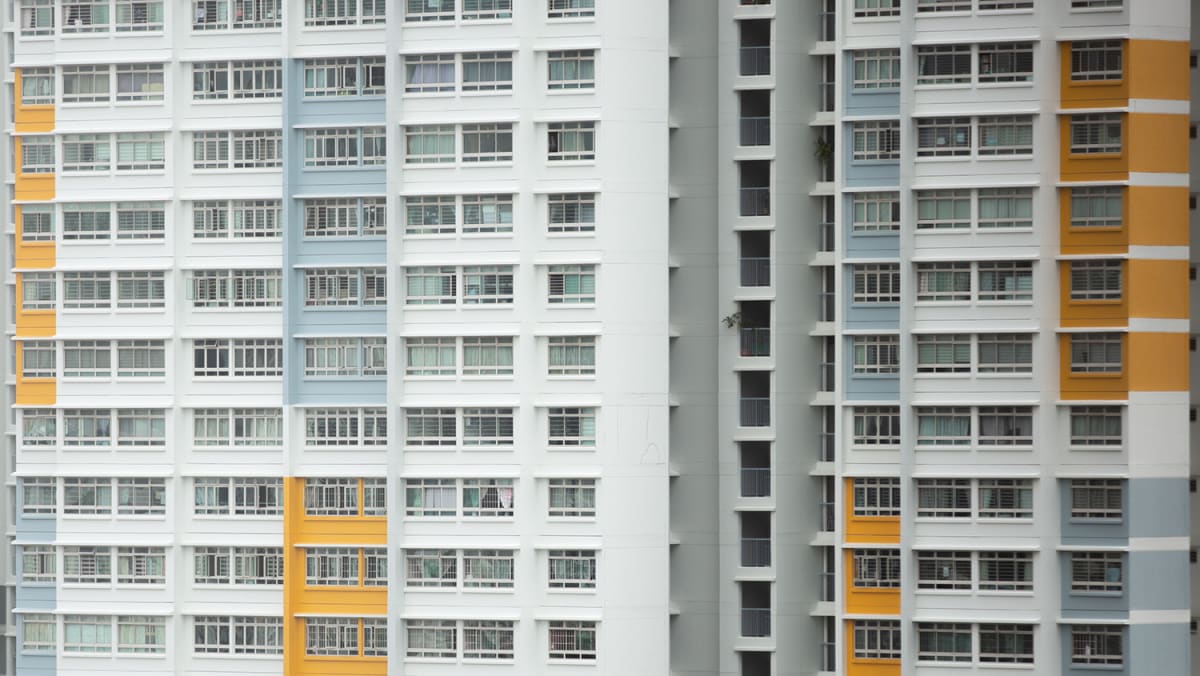Following two years of continuous increases, rental price growth for both private apartments and HDB flats have turned sluggish. Will the market continue to favour renters in the coming year?
Considering the ramp-up in housing supply, landlords may face lower demand in the upcoming year.
The overall private rent growth may continue to fall from the 29.7 per cent increase in 2022 to around 12 to 14 per cent in 2023 and 2 to 5 per cent in 2024.
MORE PRICE PRESSURE IN THE CITY FRINGES AND PRIME AREAS
In 2024, slightly over 3,900 homes will be completed in the city fringe or the Rest of Central Region (RCR). These include areas such as Katong, Upper Bukit Timah, Bishan and Tiong Bahru.
Landlords in the city-fringe areas will face steeper competition for tenants as almost 16,000 new homes will have been completed from 2022 to 2024. This may lead to a decrease in rent prices in these areas.
Similarly, total new completions in prime locations or the Core Central Region (CCR) will be around 7,700 units over the same period.
However, due to a 60 per cent Additional Buyer’s Stamp Duty incurred by foreigners when purchasing a residential property, more foreigners may prefer to rent private homes in prime locations.
The increased foreign demand may mitigate a sharp rental correction in the CCR, which includes areas such as Orchard, Novena, Newton and Bukit Timah. Furthermore, supply in the prime locations is set to fall more steeply after 2024 compared to RCR and suburbs or the Outside Central Region (OCR).
Tenants may not find cheaper rents in the suburbs as rental prices in the suburbs may rise further due to fewer completions of new private homes. The number of completions in the OCR will likely fall from around 10,000 units in 2023 to approximately 1,800 units in 2024.
Therefore, tenants may consider renting smaller units in the city fringe as an alternative, since rents may become more competitive with the increased housing supply.
As domestic demand for rental properties continues to shrink, overall rental transactions may fall below its 10-year average of 81,474 units to around 75,000 to 80,000 units in 2023 and about 70,000 to 75,000 units in 2024.
STABILITY IN HDB RENTAL PRICES
Tenants of HDB flats will experience more stable rents.
In 2022, HDB rents increased by a staggering 28.5 per cent and are projected to rise by 10-12 per cent this year.
This surge in rental prices can be attributed to a decline in the supply of flats that have reached the minimum occupation period of five years, with only 15,748 units expected to do so in 2023, compared to 31,325 in 2022.
Owners of new HDB flats can rent them out only after satisfying the minimum occupation period.
This decline in supply has increased demand for HDB flats as more tenants seek affordable housing options.
HDB rental prices will stabilise in 2024, with a slight increase of 1-3 per cent in a tighter housing market. There will be a slight decrease in the number of flats reaching the five-year minimum occupation period mark, going down to 13,093 units. This stabilisation of rental prices will provide much-needed relief for tenants who have been struggling with the high cost of living.
As the rental stock continues to decrease, the number of rental applications is also expected to decrease. This, coupled with some demand possibly being diverted to the private market, means that HDB rental volume may go down from 36,000 to 38,000 units in 2023 to around 33,000 to 35,000 units in 2024.
A decrease in rental volume will create a more competitive market for landlords, which could result in more favourable rental terms for tenants.
Moreover, tenants can consider shifting back to the private market when their leases expire since the rental price gap between public and private housing is projected to close further.
SILVER LINING ON THE HORIZON
Both rental markets are expected to benefit from favourable economic and labour conditions. Singapore’s economy is projected to expand by 1-3 per cent in 2024, with support from the ongoing travel, tourism, and global electronics demand recovery.
If the macro economy outperforms expectations, we may even see more expatriates returning to Singapore, boosting the rental market.
Moreover, the Government’s property cooling measures have raised the cost of owning multiple properties, causing more HDB upgraders to opt for renting properties before buying a new private home.
Additionally, higher resale prices have led more landlords to sell their properties, which could potentially reduce the rental stock.
In sum, if economic conditions continue to improve and the rental stock remains stable, both rental markets may still see growth in the years to come, though these are unlikely to be at the same high levels as those in 2022.
ABOUT THE AUTHOR:
Christine Sun is Senior Vice-President of Research & Analytics at OrangeTee & Tie.


